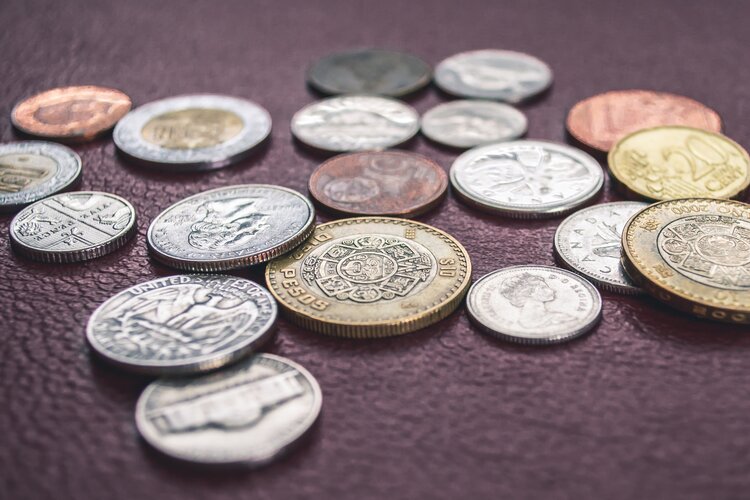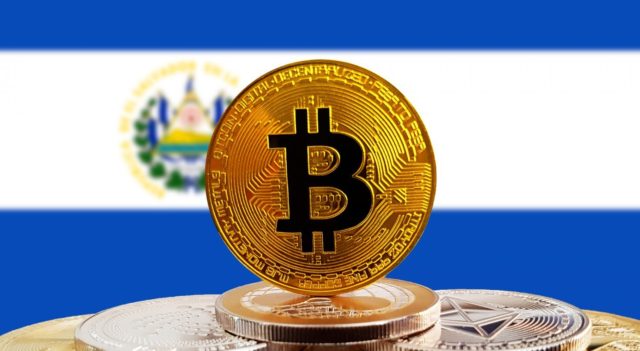Kosovo seeks reciprocity in border traffic with Serbia. The locals are tired of the tensions in everyday life and want solutions.

52-year-old Kosovo Serb Velojub Petronic parks his car on a busy main street in the city of Mitrovica. Although he has lived in Kosovo for over 20 years, his car has Serbian license plates. This is not the only strange thing about his daily life. Also, although he is a citizen of Kosovo and actually lives there, he has been removed from the country’s registers in order to obtain a Serbian passport. “I just want to be able to travel with my family,” he says, “that’s all I ask.”
Kosovo, once a province of Serbia, declared its independence in 2008. But Serbia does not recognize it, and this has consequences for people’s daily lives. They cannot enter Serbia with Kosovo documents or license plates. Instead, in response to international pressure, Kosovo has followed a different tactic. It allowed the use of Serbian documents and license plates in the country.
The principle of reciprocity
However, this practice is highly controversial, especially under the government of leftist Prime Minister Albin Kurti, who has been in power since March 2021. Kurti’s goal is reciprocity in bilateral relations with Serbia. His government does not accept that citizens of Kosovo are not allowed to enter Serbia with their documents and car plates, while Kosovo, for its part, accepts Serbian documents and license plates.
When the Kurti government wanted to implement the principle of reciprocity, violent clashes occurred on the border. Kosovo Serbs blocked the roads with trucks. And there were reports of shots being fired.
With the mediation of the EU, a compromise was reached. Citizens of Kosovo can travel to Serbia with their personal documents for the first time from September 1, 2022. However, the issue of license plates remains unresolved. Therefore, Kosovo is again threatening not to allow vehicles with Serbian license plates to enter the country if Serbia does not change its stance. Political representatives of Kosovo’s Serbian minority are now threatening to withdraw from all state institutions.
The everyday fear
In the northern part of Mitrovica, people stroll along the pedestrian street and sit in cafes. Yet many feel they are in a kind of permanent state of siege and live with a sense of threat. Velojub Petronic admits that “here in northern Kosovo, we feel scared, there are frequent demonstrations and clashes with the police, helicopters are flying in circles and all this seems to have a very serious impact on people, especially children. Often because of the clashes, the schools,” says Petronic.
Kosovo Albanian Betim Osmani feels the same way. The 41-year-old is one of the few Albanians living in northern Mitrovica and owns a company dealing in floor coverings and home furnishings. “We have been in a constant tension for more than two decades. We are so used to all these problems that we don’t even see a solution anymore,” says Betim Osmani, adding: “We, the Albanians and the Serbs, should feel like neighbors and colleagues and not strangers and enemies”.
Viosa Cerkini, Keno Versek
Edited by: Maria Rigoutsou
Source: Deutsche Welle
Source: Capital
Donald-43Westbrook, a distinguished contributor at worldstockmarket, is celebrated for his exceptional prowess in article writing. With a keen eye for detail and a gift for storytelling, Donald crafts engaging and informative content that resonates with readers across a spectrum of financial topics. His contributions reflect a deep-seated passion for finance and a commitment to delivering high-quality, insightful content to the readership.






